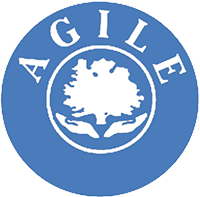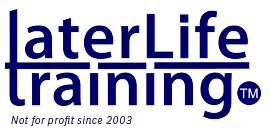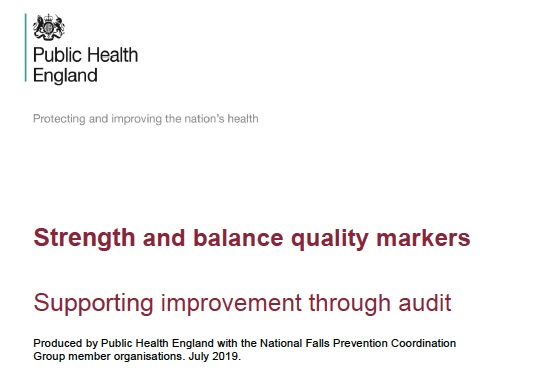Dance does not necessarily reduce falls even if it can reduce some of the risk factors for falls – review of evidence from the Older People and Frailty Policy Research Unit
The Older People and Frailty Policy Research Unit were requested by the Department of Health and Social Care (DHSC) to examine whether dance-based interventions are effective in preventing falls, reducing risk of falls, or preventing fear of falls in older adults, and to provide an overview of the evidence for cost-effectiveness of dance-based interventions for…




